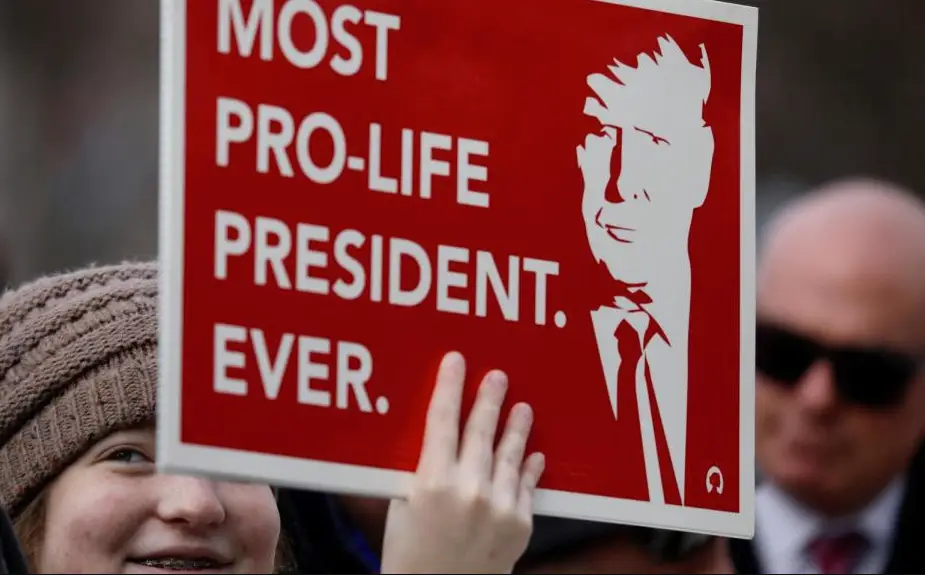The elections in the United States have taken place at a time when the country’s economy is recovering from the post-pandemic recession. Indeed, there is growth marked by a rate of around 3%, with low inflation of 2% and low unemployment, according to IMF data. However, the daily experiences of many voters were characterized by financial stresses, especially with rising food, fuel, mortgage, and credit costs. This disconnection helps explain the popularity of President Trump, who won the popular vote because economic hardship is a reality. However, during the election campaign and in his first speech as president-elect, conservative judgments on key social issues, such as abortion and immigration, have been reinforced, which will drive a dangerous sense of what is urgent and necessary in politics, domestic and international.
The outcome of this election will have far-reaching impacts on global health and reproductive rights, not only in and with U.S. policy, but internationally, consolidating and legitimizing a window of opportunity for conservative and right-wing leaders around the world. This aligns directly with the values of religious conservatives, who are gaining influence in international health and oppose the expansion of reproductive freedoms, while seeking to defund and undermine organizations that work with women and on gender, sexual, and reproductive rights, such as the United Nations Population Fund (UNFPA), among others.
Meanwhile, immigration is a second front where Trump’s influence is significant. He has promised to revive and expand the restrictive immigration policies of his first term. Committed to an unprecedented deportation campaign, he has threatened to deploy military and diplomatic resources to expel undocumented immigrants and has used dehumanizing terms to refer to them, such as comparing them as a threat to the moral well-being and security of the country. There has been overt rhetoric framing undocumented immigrants as a moral and criminal threat, especially to “suburban women,” which has appealed to some Latino voters and white women through a mix of fearmongering and a security narrative.
In this polarized landscape, the ideological divide in the United States reflects a growing global trend: a sharp division between a new, strong and assertive right-wing populism and a weakened progressivism. This election will boost the former through conservative calls for security and order over rights and inclusion, intensifying the backlash against human rights and solidarity as democratic pillars, with significant regional and global repercussions.
Furthermore, Trump’s victory will also have significant consequences on regional cooperation, especially on migration issues. U.S.-Mexico relations will become strained due to Trump’s plans, who has threatened to impose high trade tariffs if Mexico does not tighten immigration control. The president-elect intends for Mexico to act as the main “guard” on the border. This approach is part of a broader effort to outsource U.S. immigration control to Latin American countries.
Collaboration between Panama and the United States on migration issues will also be of strategic importance, while the promise of the new Panamanian president, José Raúl Mulino, to close the Darien Gap, a critical passage for migrants on their journey to North America, remains alive and well. Many of these migrants are in a situation of prolonged forced migration after not receiving protection or integration conditions in host societies in South America.
Mulino has aligned himself with tougher immigration stances and has shown a willingness to implement strong border controls, backed by U.S. pressure and logistical support. These measures include facilitating deportation, which implies a commitment to restrictive policies that could impact the rights of migrants and increase the risk of humanitarian violations in the region, which will intensify diplomatic tensions and challenges for the region.
*Translated by Janaína Ruviaro da Silva from the original in Spanish.













